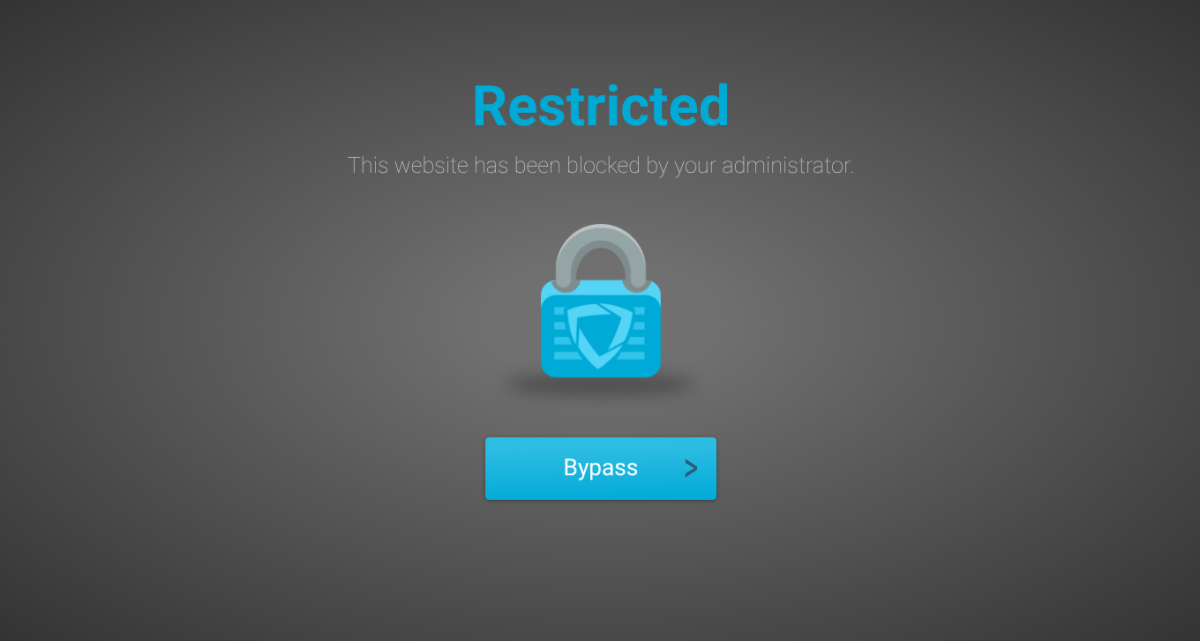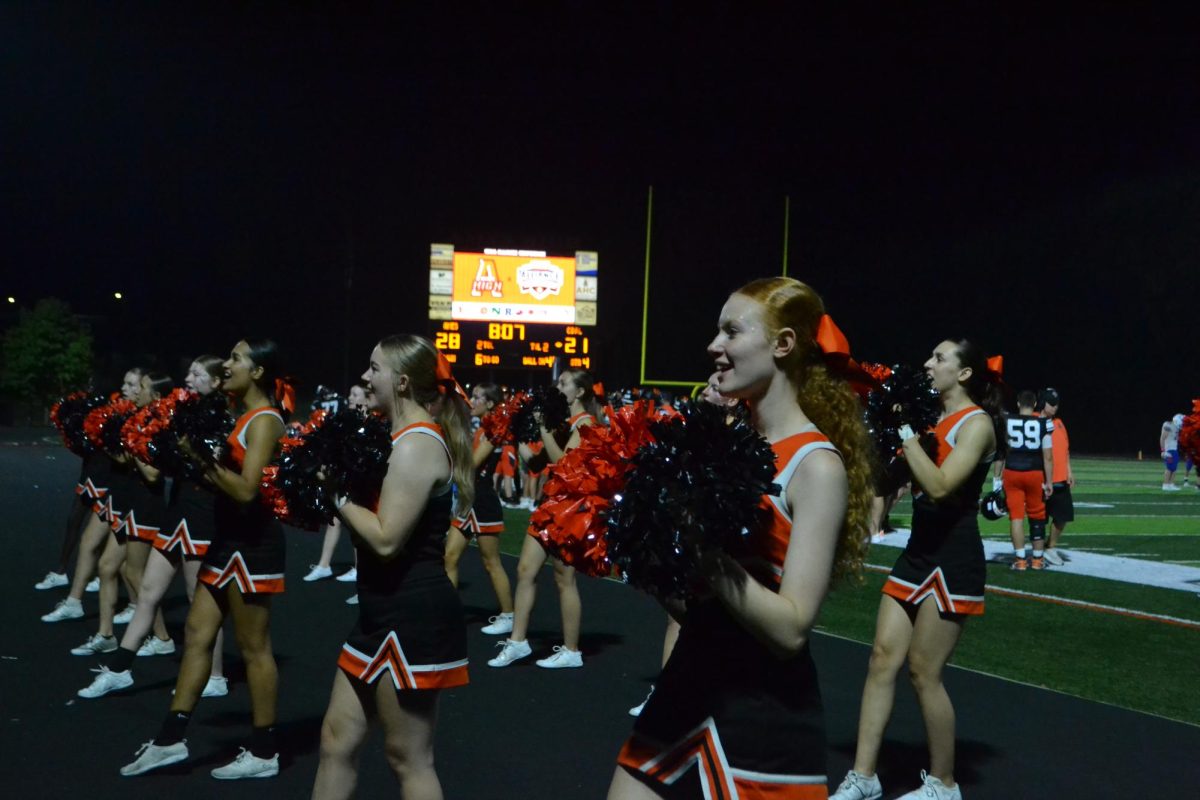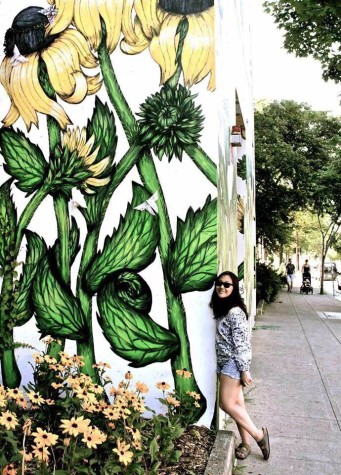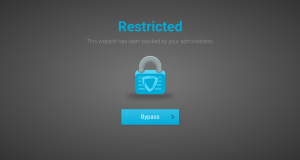High school students attempt to change virtual identity
January 28, 2015
I recently logged into Facebook, unable to recognize the majority of friends on my newsfeed. Instead, I saw a few too many pun-intended nicknames decorated with fanciful fonts and unconventional punctuation replacing the common first and last name.
This trend of changing Facebook names prevails every year during the college preparation season. High school students fear that college admissions officers will track their social media accounts and be exposed to the less perfect and more shallow aspect of their lives demonstrated through myopic past posts including profane language or previous pictures from a Friday night party that everyone wants to forget about.
In order to prevent potential stalking, teenagers forestall the tracking of their Facebook accounts by utilizing a false alias or creating a separate email only for their social networks. These preventative mechanisms are believed to deceive admissions officers from viewing a prospective student’s profile on Facebook.
So, many high school seniors ask, “Do colleges actually take prospective students’ Facebook presence in consideration? Is it necessary to actually mask your identity in the virtual world?”
According to a 2013 Kaplan Test Prep study, nearly 31 percent of college admissions officers said they looked up an applicant on social media. This statistic serves as a large contrast to the 10 percent of admissions officers on social media in 2008.
The hike in numbers proves a generation change and signifies the beginning of the Information Age. Social media now serves as a database that not only archives nostalgic memories but also represents a portfolio of one’s personal and professional life. People are publicly publishing moments that used to be cherished privately. Therefore, the boundary between our public and private lives are blurring. More people are able to learn about our inner selves.
It is true that social media will be more heavily used in the future as a way to judge one’s potential in college or competence in the workforce. And yes, people should be more cognizant of what they post on social media. But, it is disappointing to witness the various ways young adults are attempting to disguise their identities in the virtual world. They are undermining their true selves to impress those they do not know simply because they feel pressure in getting accepted to their dream school.
We should not fear to present who we really are. We should not fear to voice our actual opinions. We should not reduce the magnitude of our beliefs simply because we are paranoid of others disagreeing or criticizing.
We scroll on our newsfeeds and see pictures extremely edited with filters and other artificial tools to appear that we are living a more idealistic life than we are. The constant relay of hide-and-seek with colleges seems deceptive and superficial. As adolescents attempt to enlarge the barrier between their real and virtual selves, more doubt seems to grow between individuals. People begin to lose ability to trust others at face value and experience hardship in distinguishing between the “real” and the “fake”.
It would be more meaningful if your social media accounts served as an accurate reflection of your true identity, and the college admissions process would be more genuine if admissions officers (AKA the “upper beings”) were truly impressed by what you enjoy, value, and represent. Don’t fear about reflecting who you genuinely are.
























